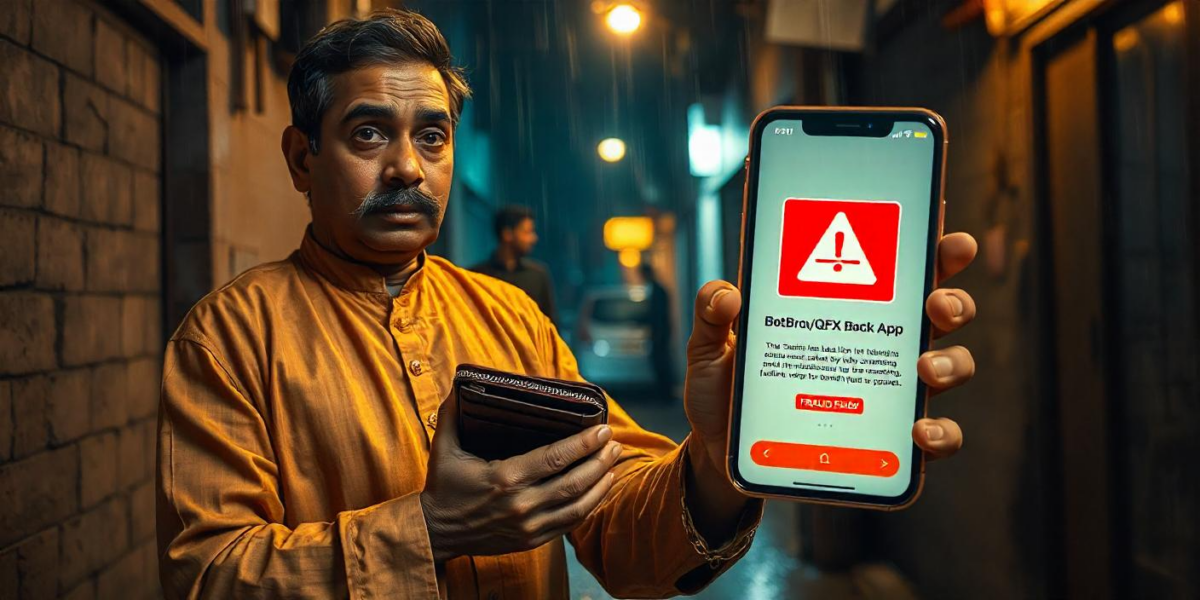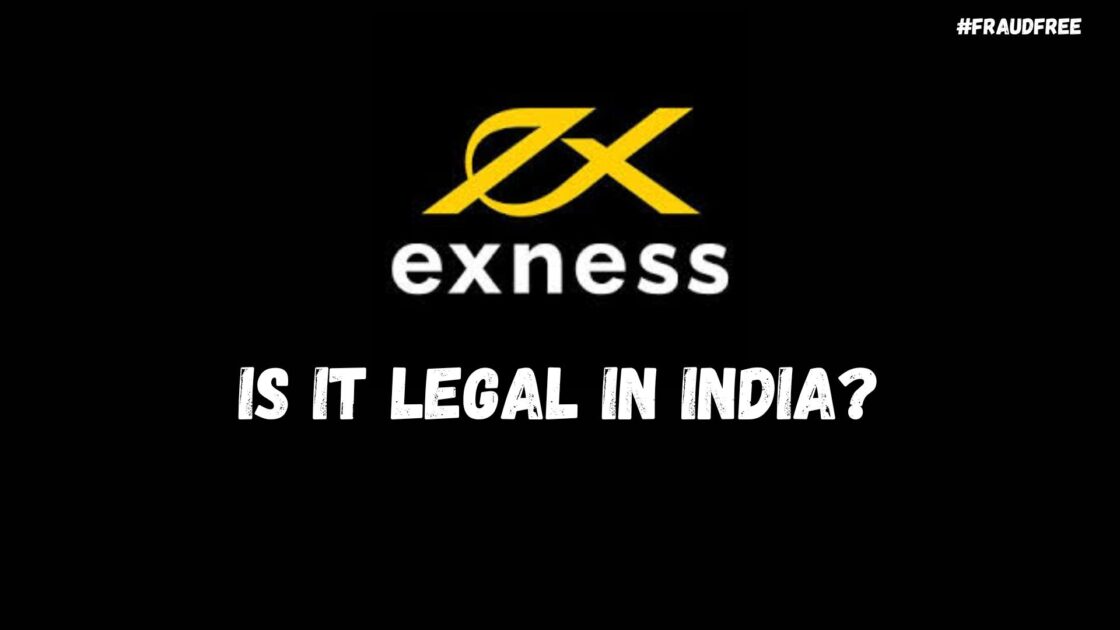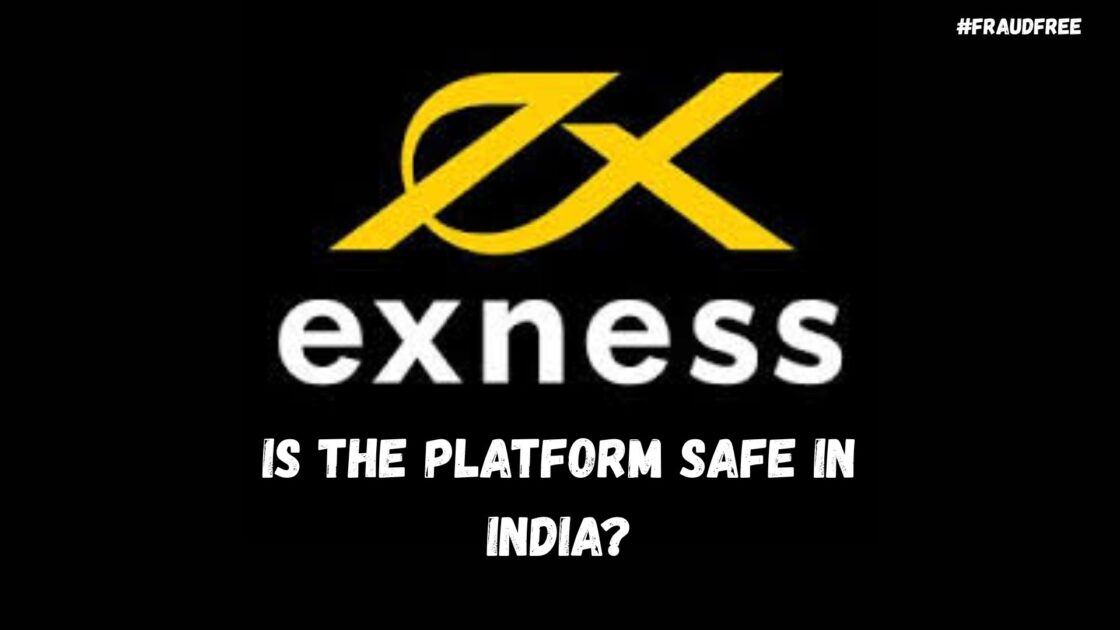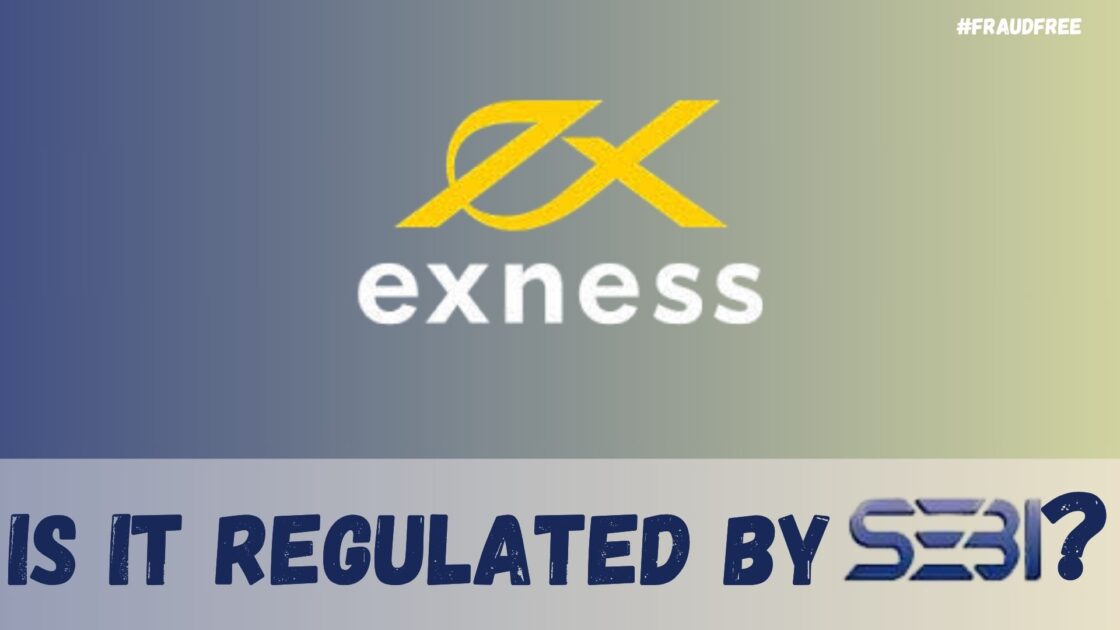Thinking about FXTM (ForexTime) for your trading journey? You’ve probably seen the ads—global markets, low deposits, and user-friendly apps making it look simple for anyone to start. But what’s the real story for Indian traders? Is it truly safe, and are you following the rules? Here is the detailed ForexTime review uncovering all the details.
In this review, get sharp, honest answers: what FXTM offers, whether it’s legal in India, and what you really need to watch out for before putting your money in. No hype—just the facts to help you decide smartly.
What is FXTM?
FXTM is an international trading broker offering diverse financial products and easy access for both beginners and active traders. Its appeal is largely driven by global recognition, flexible platform options, and low barriers to entry.
- Low minimum deposit (starting from $10 on some accounts)
- Access to MetaTrader 4, MetaTrader 5, and FXTM’s proprietary app
- Trade forex, indices, stocks, commodities, and crypto CFDs
- Demo accounts allow trading practice without risking real funds
- Recognized by respected overseas financial authorities
Is FXTM Safe?
Using FXTM in India comes with significant legal and safety concerns. The platform is not licensed or approved by SEBI or RBI, which has direct implications for user protection and recourse.
- FXTM is not SEBI- or RBI-regulated.
- Indian law allows online trading only through SEBI-approved brokers for INR pairs.
- No Indian legal support or compensation if issues/funds are lost.
- Payments or website access can be blocked by Indian authorities.
- All legal risks and consequences fall solely on the user.
Risks in FXTM for Indian Traders
Trading with FXTM offers access to a wide range of markets, but for Indians, it also brings several important risks—especially since FXTM is not SEBI- or RBI-approved:
- No Indian Legal Protection: FXTM is not regulated by Indian authorities. If there’s a dispute, frozen funds, or platform issue, you cannot seek help from SEBI, RBI, or Indian courts.
- Legal Troubles: Trading non-INR forex pairs or global assets through FXTM from India is not allowed under Indian law. Using such an offshore broker can result in your money being frozen, accounts blocked, or, in rare cases, legal action.
- Blocked Payments & Access: Authorities may block payments to or from offshore brokers at any time. If this happens, you could lose access to your FXTM account or be unable to withdraw funds.
- Withdrawal and Verification Delays: Withdrawals may be delayed if your KYC (identity) documents are incomplete, or if there are mismatches with payment methods. Some users report slow payouts or extra checks for larger amounts.
- No Investor Compensation: Unlike SEBI-registered Indian brokers, FXTM does not offer any Indian government-backed compensation if the company shuts down or loses your funds.
- Bank/Payment Risks: Indian banks might flag or block transactions involving offshore brokers, causing further delays or issues with your personal bank account.
- High Leverage, High Loss Risk: FXTM offers leverage up to 1:1000, which can amplify both gains and losses. Inexperienced traders risk losing more than their initial investment.
- Scam and Fraud Risk: The popularity of offshore brokers often attracts fake websites, phishing, or fraudsters posing as FXTM helpers or managers.
- Platform/Technical Risks: Any online broker can suffer platform outages or technical glitches; if these happen during a trade, you may incur unexpected losses.
Real User Reviews and Complaints
User feedback offers a candid look at FXTM’s strengths and limitations, especially for Indian traders who may experience specific hurdles.
- Positive reviews for fast setup, low deposit, and reliable trading apps.
- Some users have raised concerns about the FXTM Withdrawal Problem & verification complications.
- Complaints include occasional slow support and confusion around bonus/fee terms.
- Notable warnings about misleading “success stories” promoted on social media.
How to Report Forex Trading Complaints in India?
If you suspect a trading platform is operating without proper regulation or engaging in fraudulent practices, you should report it immediately.
In India, traders can:
- Send an email to SEBI
- File a cybercrime complaint
- Connect with bank to block transactions.
Make sure you document all the proofs to prove your point before registering a complaint.
Need help?
Register with us, and we will guide you through the process to file a complaint. We have helped multiple victims in getting forex trading scam recovery by guiding them to report a complaint using the right protocol.
Conclusion
FXTM is a trusted name for many traders abroad, with good platforms and fair trading conditions.
However, it is not legal in India, nor is it subject to Indian protections or compensation schemes.
If you use FXTM from India, be aware of the legal risks—no safety net, no SEBI/RBI help, and the possibility of payment or account issues.
The safest move: Stick with SEBI-approved Indian brokers for full legal protection and peace of mind.
If you still want to try FXTM, trade only with money you can afford to lose, complete KYC immediately, and always use your real details. Beware of anyone promising “guaranteed profits”—these are often scams.
Trade carefully, stay informed, and don’t risk your safety for the sake of shortcuts or hype.







